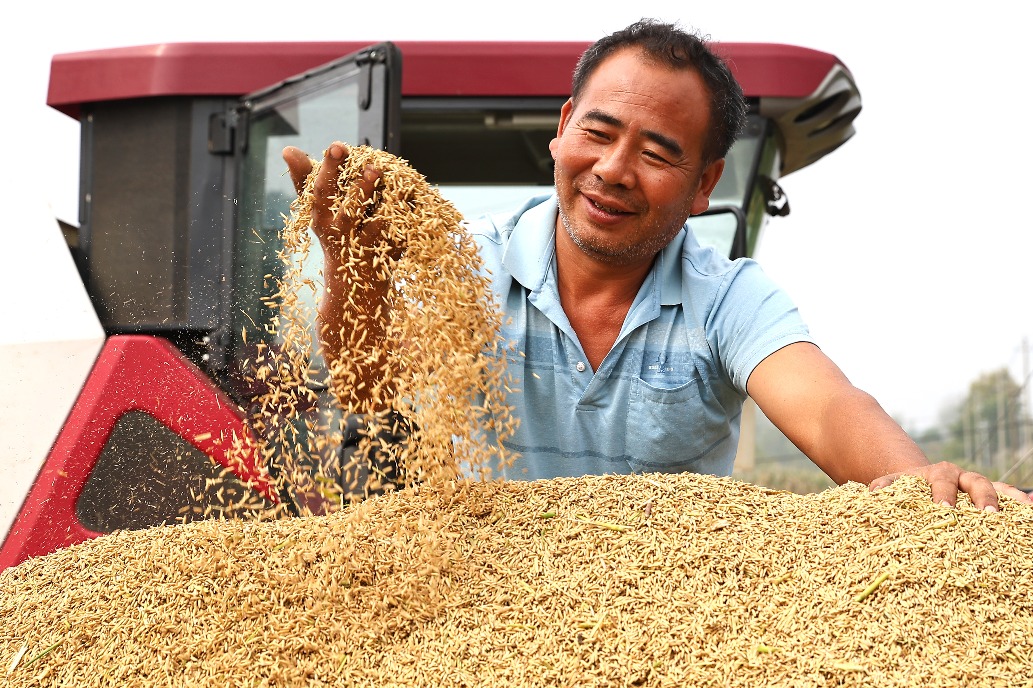Eli Lilly to expand medicine production in China
By ZHOU WENTING in Shanghai | China Daily | Updated: 2024-10-16 09:24

US pharmaceutical company Eli Lilly and Co recently announced a roughly $200 million expansion of its manufacturing site in Suzhou, Jiangsu province, that will enable it to increase production of innovative medicines for type 2 diabetes and obesity.
The new investment, which will bring the company's cumulative investment in China to exceed 20 billion yuan ($2.81 billion), aims to boost production of such innovative therapies in the country and support the company's future product pipeline.
Expansion of the company's sole manufacturing site in China will also support exports to the European market, the company said.
"The investment reinforces our commitment to bringing innovative medicines to patients and will enhance our capabilities to boost production of our medicines, helping people with diabetes and obesity live the healthiest lives possible," said Edgardo Hernandez, executive vice-president and president of Lilly manufacturing operations.
Liu Hua, vice-chairwoman of the administrative committee of Suzhou Industrial Park (SIP), said Eli Lilly, which established its manufacturing plant at SIP in 1996, has grown together with the industrial park, which commemorates the 30th anniversary of its founding this year.
"Today, the company increases investment here and introduces blockbuster innovative new medicines, fully reflecting its confidence in the China market and its recognition of the investment environment of the industrial park," she said.
SIP has been expanding international cooperation, and has become home to more than 2,000 enterprises in biomedicine and health, one of the strategic emerging industries that it focuses on, said Liu.
The National Medical Products Administration approved Lilly's tirzepatide injections for the treatment of type 2 diabetes and obesity in May and July, respectively.
Tirzepatide represents the company's inaugural chronic weight management treatment approved in China, and so far the world's first and only product that activates both GLP-1 and GIP — two receptors playing key roles in regulating blood sugar and energy balance in the human body.
The synergistic effect of GLP-1 in suppressing appetite and reducing food intake and GIP in affecting blood sugar levels and aiding in fat splitting, provides a scientific basis for weight management and fat loss.
London-based data analytics and consultancy GlobalData predicts that by 2029, global sales of tirzepatide may exceed $34 billion, expected to surpass Novo Nordisk's Ozempic and become the world's largest-selling blood sugar-regulating medicine.
According to the International Diabetes Federation, China has about 140 million individuals diagnosed with diabetes. The country has also the largest number of overweight and obese people in the world.
According to a study published in The Lancet Diabetes and Endocrinology in 2021, more than one-third of Chinese were overweight and around one in six among Chinese were obese, and the trend was growing.
























